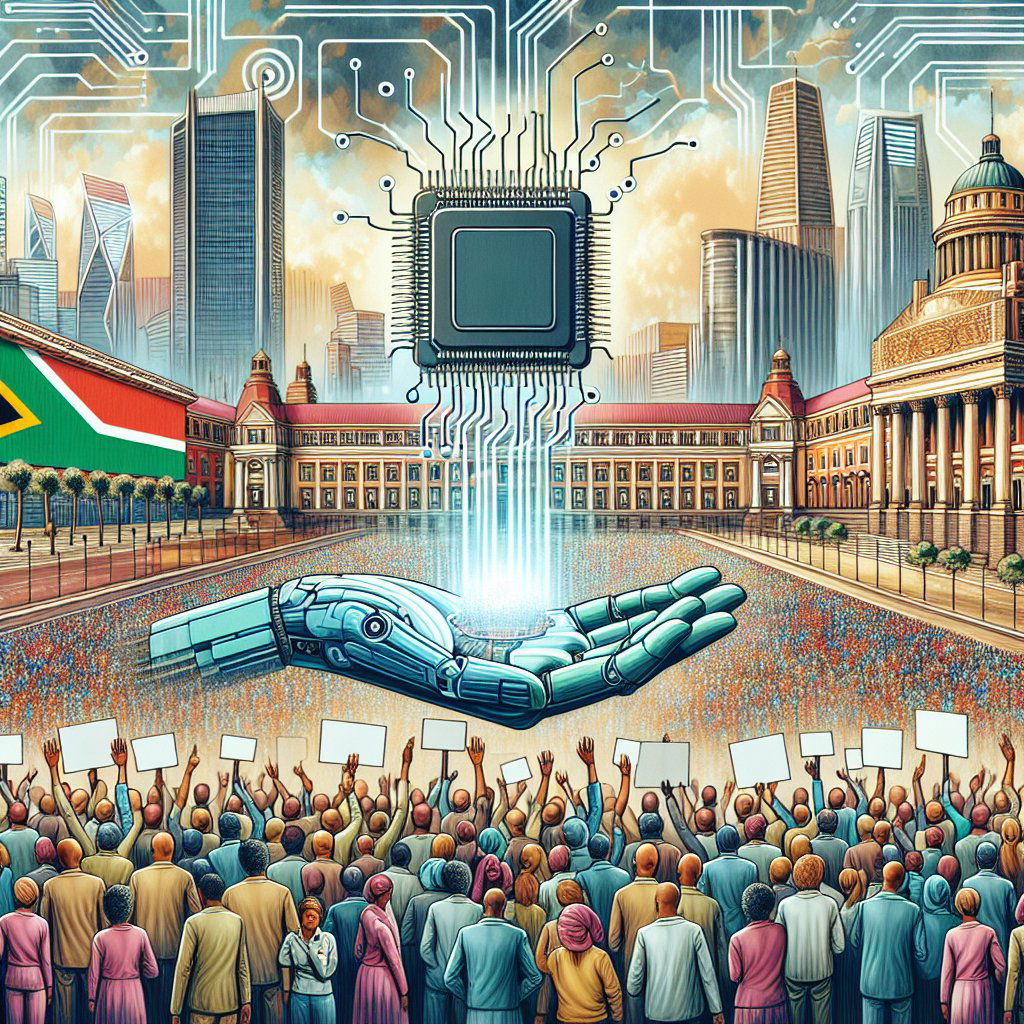Image: AI generated for illustration purposes
Ramaphosa's Speech Under Scrutiny: AI Assistance Allegations Trigger Presidential Investigation
Amid swirling controversy, the South African Presidency has launched an inquiry to ascertain whether President Cyril Ramaphosa's recent address on the critical issue of decolonizing education was developed with the aid of an artificial intelligence (AI) application, following charges of inauthenticity levelled by a social media pundit.
The speech, which had aimed to confront the enduring legacy of colonialism in South African educational curricula, came under intense scrutiny after the anonymous commentator on social media suggested it lacked originality. The act of leaning on algorithm-driven technology to craft a political oration could stir ethical debates and question the genuineness of a leader’s communication with their electorate.
Vincent Magwenya, the presidential spokesperson, addressed media representatives in Cape Town with explicit acknowledgment from the office of the President that resorting to AI text generators for authoring official addresses is not within the bounds of accepted practices. The recognition of the potentially revolutionary, yet contentious role of AI in governance and policy delineation, casts a spotlight on the delicate balance between embracing technological innovation and preserving the sanctity of political discourse.
During the press engagement, Magwenya tackled the matter of AI reliability head-on, underscoring the well-documented limitations of current AI verification mechanisms in conclusively determining the origin of AI-assisted texts. Despite these inherent shortcomings, there persists a resolute intent from the Presidency to unravel this enigma.
The Department of Basic Education, upon which the onus of the initial speech draft lay, has been solicited to offer clarity on the genesis of the contentious sections. Should it be revealed that AI was indeed a collaborator in the speechwriting process, it begs the question as to why this path was taken and who approved such a measure. The outcome could nudge the government towards implementing precise guidelines on AI usage in the public sector.
With the aim of fortifying the gatekeeping of official communications, the Presidency is keen to establish enhanced quality assurance protocols. This looming policy introduction signals an effort to dissipate any uncertainties about the authenticity of gubernatorial content and to preserve the trust between South African citizens and their elected representatives. The measure also reflects a growing cognizance of the widening footprint of AI in various spheres and the prerequisite for regulatory frameworks that guide their ethical application.
Amidst the current investigative fervor, it remains to be determined if and how the President's speech intersected with AI, but the incident undeniably raises questions about transparency and integrity which are cornerstone values of any robust democracy. This incident has propelled AI ethics into the limelight, not just in South Africa, but as a global conversation about technology's place in political life and communication.










